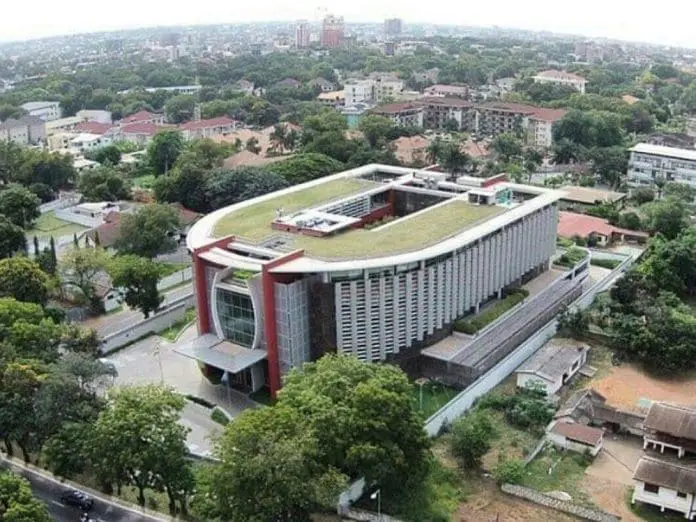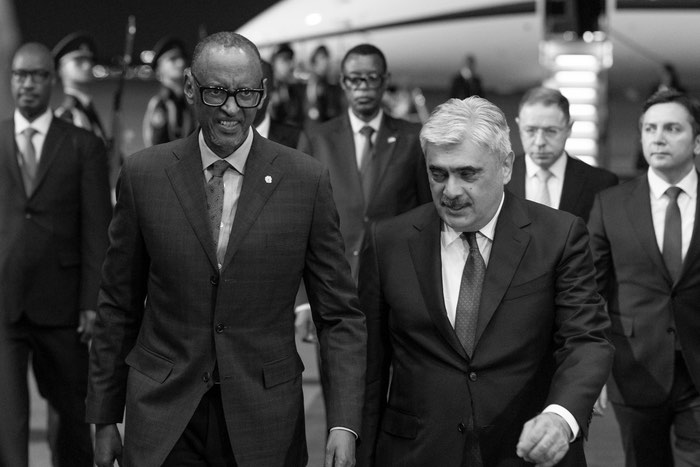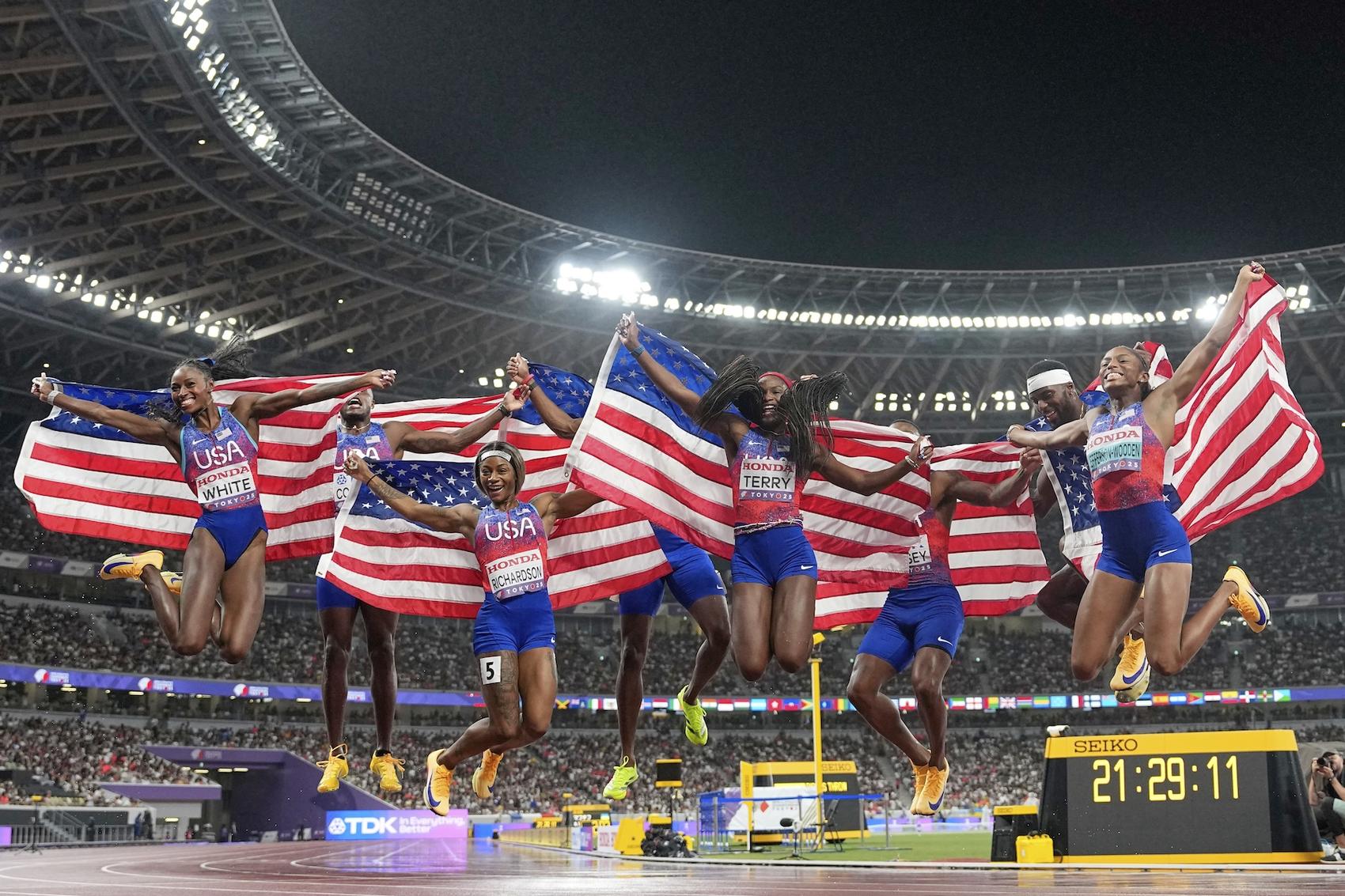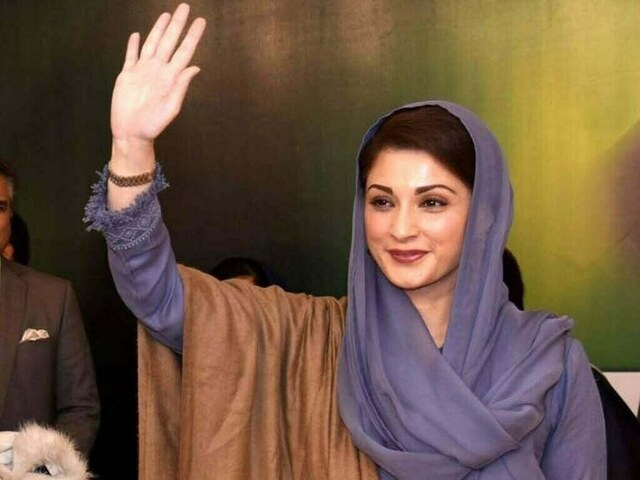By Ghana News
Copyright ghanamma

The World Bank has unveiled a comprehensive transformation strategy projecting Ghana could triple its per capita income by 2050 through ambitious structural reforms, marking a decisive break from decades of boom-bust economic cycles that have constrained the nation’s development potential.
The “Transforming Ghana in a Generation” policy notes, launched Wednesday in Accra, outline how comprehensive productivity enhancements, infrastructure improvements, and human capital investments could sustain economic growth exceeding 6.5% annually, lifting Ghana definitively toward upper-middle-income status.
Ghana’s income per capita has stagnated around $2,200 over the past decade, with poverty affecting over a quarter of the population and regional disparities worsening due to limited structural transformation and dependency on natural resources, creating urgent imperatives for policy transformation.
The analysis reveals Ghana has entered 17 International Monetary Fund (IMF) programs, spending approximately 40 of its 68 years of independence under IMF supervision. This pattern demonstrates recurring fiscal stress that has prevented sustained development momentum.
Robert Taliercio, World Bank Division Director for Ghana, Liberia and Sierra Leone, emphasized the critical nature of the current moment, stating Ghana must “join other countries that have maintained prolonged periods of robust economic growth and successfully avoided the middle-income trap.”
The strategy centers on four foundational pillars requiring immediate implementation. Macro-financial stability demands enhanced domestic revenue mobilization, with Ghana’s 2021 revenue collection reaching only 13% of GDP compared to an estimated capacity of 21%, representing 8 percentage points below potential and trailing the Sub-Saharan Africa average.
Energy sector reforms represent the most urgent challenge, with government transfers to cover financial shortfalls costing approximately $1.4 billion in 2024, projected to rise to $2 billion by 2026. This represents 2% of GDP that could otherwise fund health, education, or infrastructure development, making every month of delay extremely costly.
The IMF Executive Board completed Ghana’s fourth review under the Extended Credit Facility arrangement, with authorities adopting corrective measures to achieve a 1.5% of GDP fiscal primary surplus in 2025, providing foundation for the World Bank’s transformation agenda.
The cocoa sector requires parallel restructuring, with Ghana Cocoa Board’s (COCOBOD) operational framework creating significant inefficiencies and market distortions that accumulate debt and increase fiscal liabilities. The sector’s financial sustainability directly impacts Ghana’s export earnings and rural livelihoods.
Productivity enhancement forms the second pillar, addressing systemic barriers that constrain private sector development. Business registration takes 57 days for domestic firms and 67 for foreign companies, substantially longer than Morocco’s 28 days, while court litigation averages 900 days compared to Côte d’Ivoire’s 225 days.
Ghana’s economy displayed resilience with strong growth of 5.7% in 2024 and continued growth in the first quarter of 2025 of 5.3%, providing momentum for implementing comprehensive reforms without destabilizing current recovery trends.
The human capital pillar targets skills development and health system efficiency, with particular focus on National Health Insurance Scheme (NHIS) reforms and expanding social protection coverage. Ghana faces the demographic challenge of approximately 500,000 youth entering the labor force annually, requiring quality job creation exceeding current capacity.
Natural resource management constitutes the third foundation, emphasizing climate-smart agriculture, environmental protection enforcement, and infrastructure resilience. Past growth patterns have strained agricultural resources, contributing to environmental decline and reduced productivity that threatens long-term sustainability.
Governance reforms complete the transformation framework, targeting corruption reduction through transparent budgeting, independent audits, and real-time spending tracking. State-owned enterprise rehabilitation and stronger corporate governance standards aim to restore public trust essential for sustaining reform momentum.
The IMF projects Ghana’s total debt stock will reach approximately 60% of GDP by end-2025, reflecting improvements from recent debt restructuring programmes, creating fiscal space for strategic investments outlined in the World Bank strategy.
The analysis contrasts sharply with baseline projections showing growth plateauing around 3.8% without reforms, delaying upper-middle-income status beyond 2050. This scenario perpetuates current challenges including insufficient job creation, high poverty rates, and widening regional disparities.
Success metrics include transforming Ghana’s growth model from factor accumulation and natural resource depletion to productivity and human capital-driven expansion. Moderate reforms could achieve 4.2-6.1% growth through 2050, while ambitious implementation targets 6.4-6.9% sustained expansion.
The strategy acknowledges political economy challenges that have historically undermined reform sustainability. The World Bank emphasizes that effectiveness will ultimately be measured by government capacity to rebuild citizen trust through transparent, accountable governance practices.
International development partners, including preferential International Development Association (IDA) financing at 1.5% rates compared to domestic borrowing costs averaging 11.9% in September 2025, provide implementation advantages for capital investments supporting the transformation agenda.



